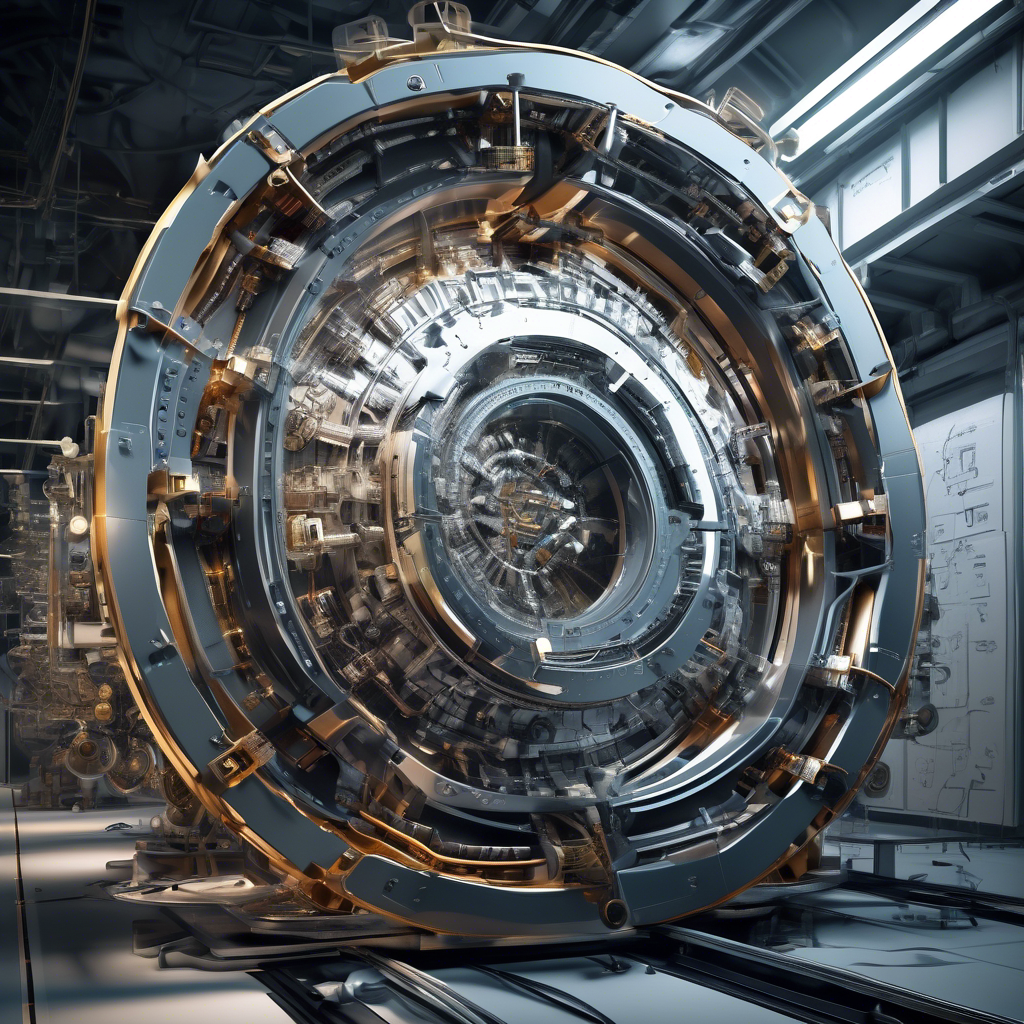
Engineering sciences have played a crucial role in shaping the course of human history, with innovations and advancements impacting virtually every aspect of our lives. The history of engineering science can be traced back thousands of years to ancient civilizations in Europe, the Middle East, Asia, and Africa, where early engineers used their ingenuity and creativity to solve complex problems and improve living conditions for their communities.
One of the earliest known examples of engineering in the ancient world is the construction of the Egyptian pyramids, which were built using sophisticated techniques that showcased the Egyptians’ mastery of mathematics, physics, and architecture. The pyramids, along with other monumental structures such as the Great Wall of China and the Roman aqueducts, stand as lasting testaments to the skill and innovation of ancient engineers.
In Europe, the Renaissance period saw a resurgence of interest in science and engineering, with inventors and thinkers such as Leonardo da Vinci making significant contributions to the field. Da Vinci’s sketches and designs for flying machines, hydraulic pumps, and other inventions demonstrated his visionary approach to engineering and laid the groundwork for future developments in the field.
During the Industrial Revolution in the 18th and 19th centuries, engineering science underwent rapid advancements as new technologies such as steam engines, railroads, and telegraph systems transformed society and revolutionized industry. The development of the steam engine by James Watt in 1769 marked a significant milestone in the history of engineering, paving the way for the mechanization of labor and the rise of factories and mass production.
In the 20th century, engineering science continued to evolve at a rapid pace, with breakthroughs in areas such as electronics, telecommunications, and aerospace engineering driving further innovations and improvements in human life. The invention of the transistor in 1947 by John Bardeen, Walter Brattain, and William Shockley revolutionized the field of electronics and laid the foundation for the development of computers and other digital technologies that have become essential in modern society.
The impact of engineering science on people’s lives cannot be overstated, as advancements in the field have led to improvements in healthcare, transportation, communication, and countless other areas. From the development of lifesaving medical devices and treatments to the creation of innovative transportation systems and sustainable energy solutions, engineering has enabled humanity to overcome challenges and achieve new heights of progress and prosperity.
In conclusion, the history of engineering science is a testament to human ingenuity, creativity, and perseverance in the face of adversity. From the ancient engineers who built the pyramids and aqueducts to the modern inventors and innovators who are shaping the future of technology and industry, engineers have played a vital role in improving the quality of life for people around the world. As we look to the future, it is clear that engineering science will continue to drive innovation and change, creating a brighter and more sustainable world for generations to come.